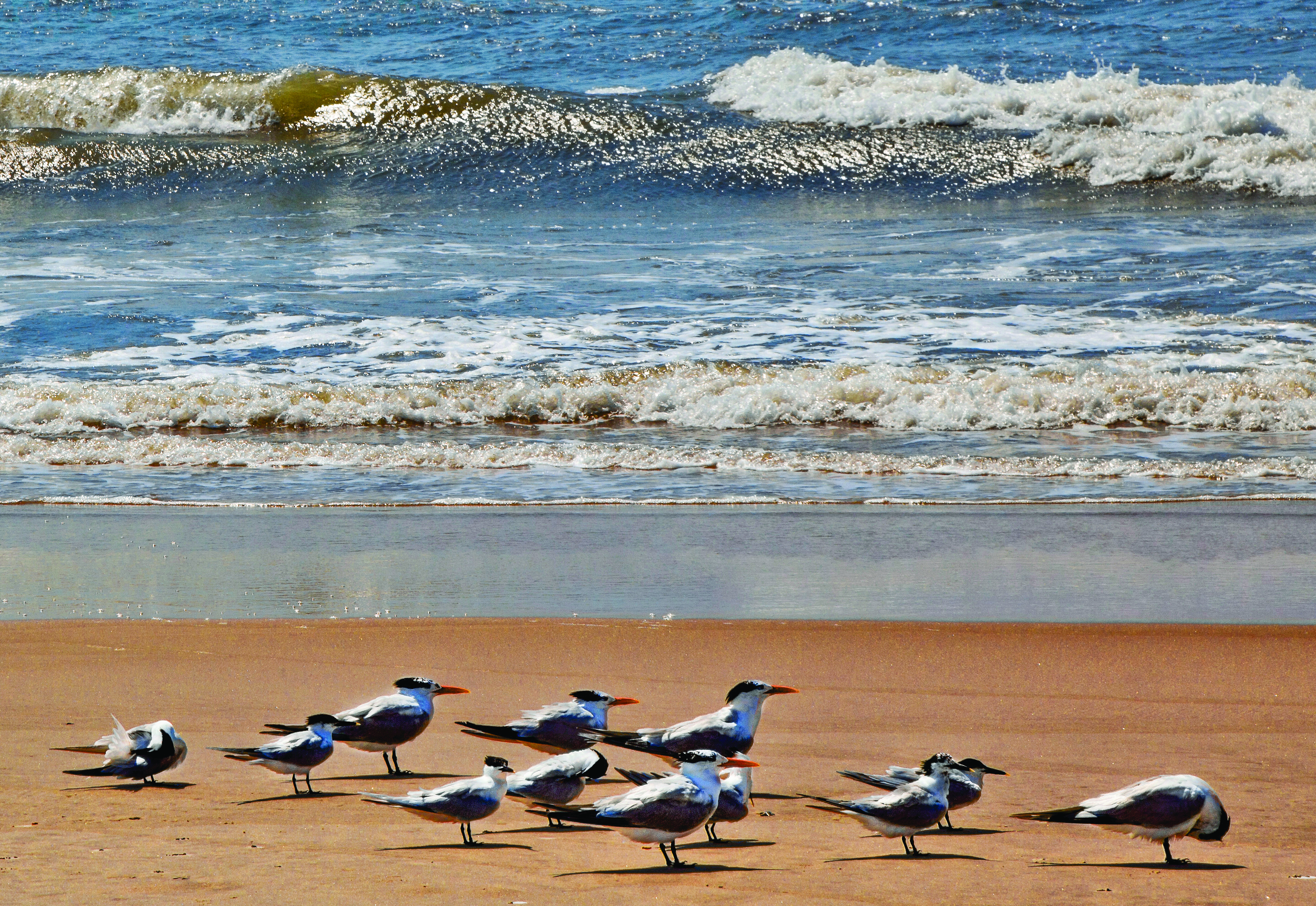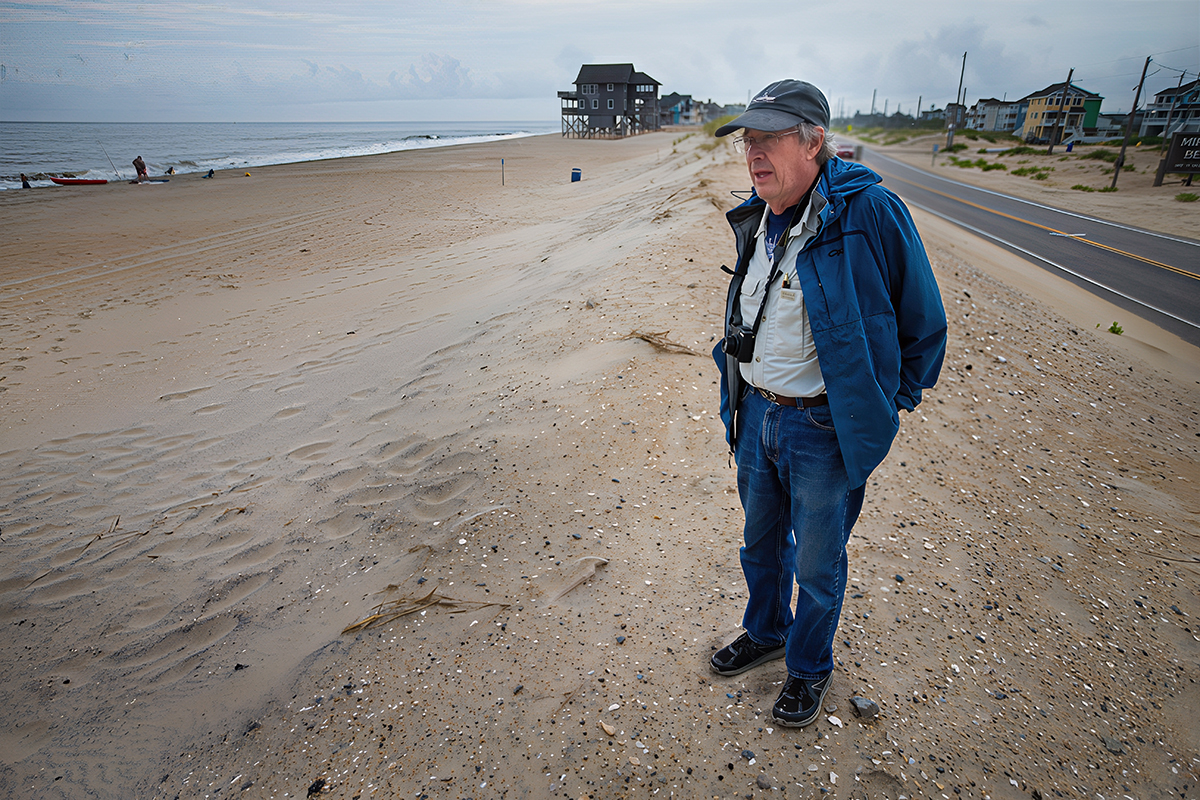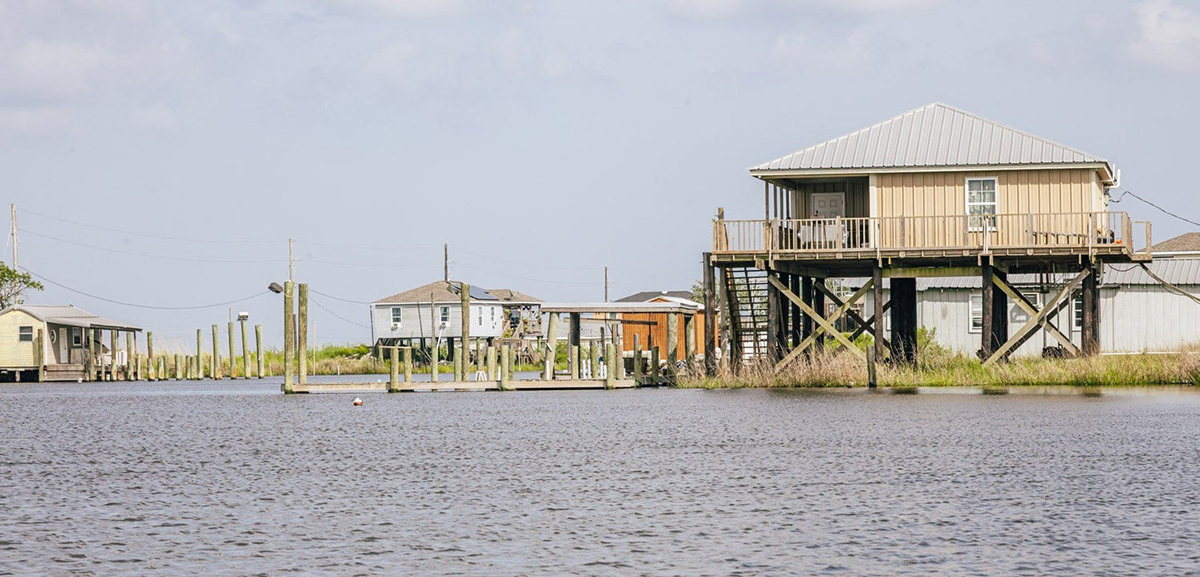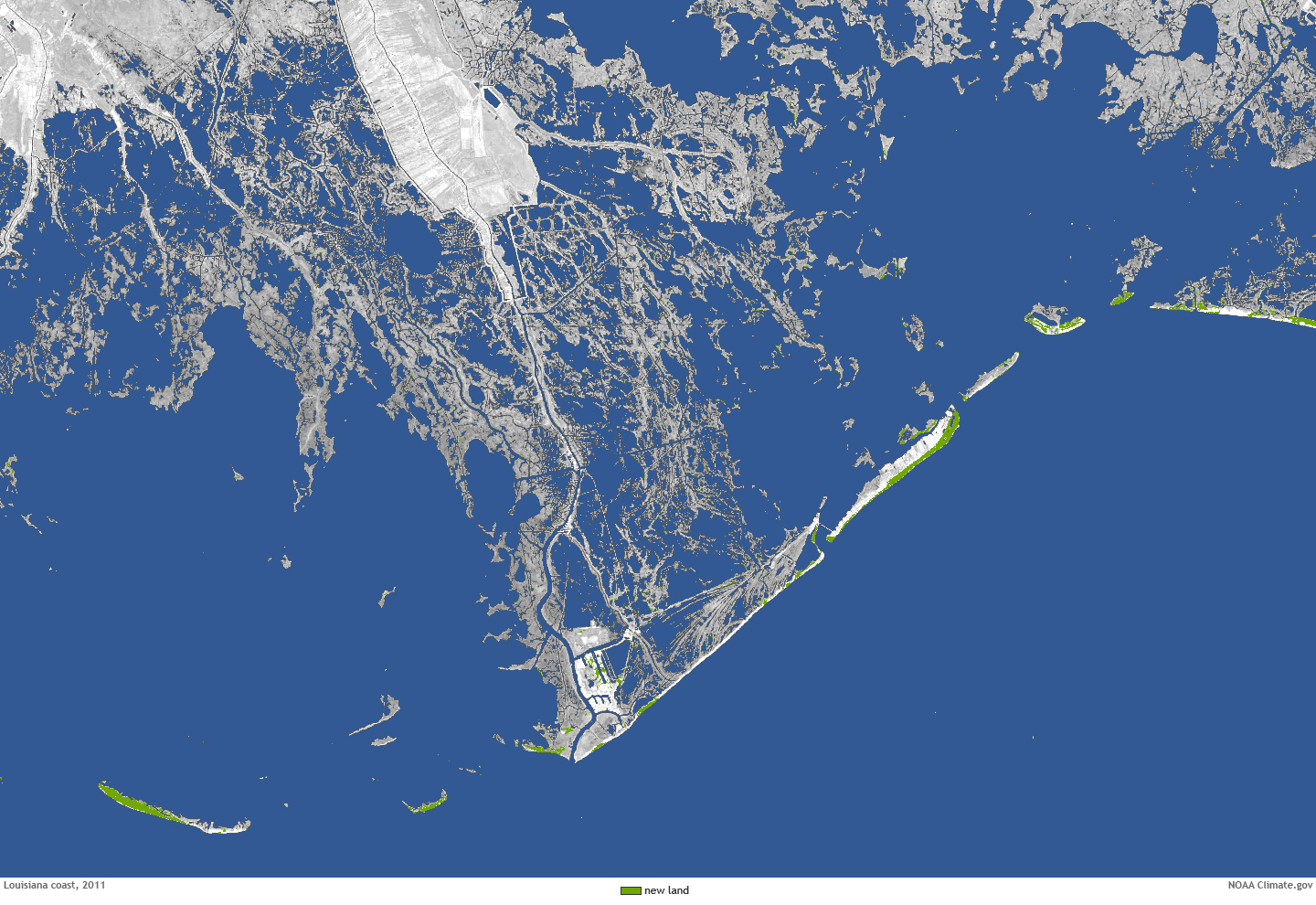ATLANTIC BEACH – The state’s Coastal Resources Commission took the first tenuous steps along a seemingly old but tortuous path, but its new chairman charted a different course this time, one that he hopes will make for a smoother ride and lead to a happier destination.
Hoping to avoid the potholes of the past, the commission heeded the urgings of its chairman yesterday and directed its panel of scientific advisors to once again take a look at the contentious issue of sea-level rise and a warming climate, but to limit their assessment this time to how high the ocean might get 30 years in the future and not forecast, as they did the last time, on how high it might be in 2100.
Supporter Spotlight
 Frank Gorham III Frank Gorham III |
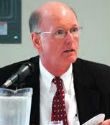 Bob Emory Bob Emory |
It was that long-range forecast that got the commission in such hot water – pun intended – the last time it tackled the subject. That was four years ago, and the resulting study, which included a 39-inch ocean rise by the turn of the next century, was revised a number of times but was so controversial that it raised the ire of some coastal developers and local governments and attracted the attention of the legislature, which first wanted to outlaw planning for sea-level rise entirely. After they become the butt of international ridicule, lawmakers instead passed a law in 2012 that forbade state and local governments from using the forecast until the CRC presented a new report to the N.C. General Assembly four years later.
Frank Gorham III wants things to go better this time around. A resident of Wilmington and a property owner on Figure Eight Island, Gorham was appointed last year by Gov. Pat McCrory to lead a commission revamped by the legislature. “Probably the most politically sensitive subject we’re going to deal with is sea level-rise,” he told the commission. “I only get calls about sea-level rise. We want to do this right. We want to be objective and we want to be fair.”
To avoid the scientific uncertainty that comes with trying to forecast what the ocean might do a century from now, Gorham urged the commission to direct its Science Panel, which is made up of volunteer scientists and engineers, to restrict itself to how the sea might behave in the next 30 years and then do follow-up examinations every five years, making adjustments to the forecast as needed. Gorham called the result a “rolling 30-year timetable.”
The state sets its oceanfront setback rules on the average 30-year erosion rate and banks mortgage houses for 30 years, Gorham said. Why not sea-level rise, he asked.
“Whatever we do has to have credibility,” he concluded. “So 30 years is a good place to start.”
Supporter Spotlight
Most of the commissioners supported the approach, except for Bob Emory of New Bern who chaired the commission when it undertook the first sea-level rise study. All other similar scientific assessments, he noted, use a 100-year forecast period to account for the long lag time before the ocean responds to a warming climate. The CRC would never set policy on such a long-range prediction but it would provide an opportunity to educate people about what the future might hold, he said.
CRC DirectiveHere’s the directive that the CRC approved yesterday: The CRC has determined that the issue of potential sea-level rise is of extreme importance to the State, its policy makers and the citizens of NC. It is further noted that periodic updates of current data are vital to help formulate future policy. The CRC therefore charges the Science Panel/Sea-Level Rise Panel to conduct a comprehensive review of scientific literature and available North Carolina data that addresses the full range of global, regional and North Carolina specific sea-level change. The CRC further determines that the scope and time period of the study and report regarding sea-level rise shall be limited to a “Rolling 30 Year Time Table”. It is the intent of the CRC that this Rolling 30 Year Time Table will be updated every five years. The CRC further directs the Science Panel/Sea-Level Rise Panel to report regional ranges of possible sea-level rise as described in S.L. 2012-202. It is the policy of the CRC that a 30 year study period is consistent with other time periods such as oceanfront setback policy and home mortgages. |
The commission, Emory suggested, should allow its science advisers to assess future sea-level rise with the same long-range methodologies used in other studies around the world and then base any policy on shorter term forecasts.
“I don’t know why we can’t do both,” he said. “If we limited it to 30 years, the work we do will not have much credibility on the national and global scales.”
The commission voted 9-1 to accept its chairman’s proposal. Emory was the only dissenting vote. Suzanne Dorsey of Wilmington abstained.
After the vote, Gorham urged the commissioners to stick to the script. “I implore everyone to say we made a business decision based on 30 years,” he said. “Let’s stick with that and move on.”
The great majority of climate scientists expects the world’s oceans to rise at an accelerated rate this century as the climate warms. Ocean water expands as it heats up, called thermal expansion, and melting glaciers will add their volume of water to the oceans. How quickly and how much the seas rise would depend on how warm the climate gets and how fast the glaciers melt.
That uncertainty accounts for the wide disparity in sea-level rise predictions beyond the next couple of decades. For its original report, the Science Panel reviewed dozens of peer-reviewed scientific reports and recommended in a draft policy that the state prepare for a sea-level rise of up to 55 inches by 2100, with a 39-inch rise being likely. It forecasts very little change from the historic rate of sea-level rise for the next 30 years, but the rates then accelerate dramatically. Those findings are in line with the results of other reports done around the world.
Recent events may have made those forecasts too conservative, however. Two teams of scientists released papers this week that reached the same conclusion. A significant chunk of the West Antarctic Ice Sheet has begun to disintegrate and, owing to the ice sheet’s peculiar topography — much of it lies below sea level — this process is now unstoppable. The melting of that ice sheet alone, the scientists suggested, could account for a 10-foot rise in global sea level over the next 200 years.
But Pete Peterson won’t worry about that. He’s a researcher at UNC’s Institute of Marine Sciences and the only member of the Science Panel to attend yesterday’s commission meeting. Thirty years is now his target. “We can do that quickly,” he said. “For 30 years all the forecasts are crunched together. So we won’t have much to do.”
The commission may have opted for the practical approach, Peterson said, but not necessarily the one that will best protect future generations. “I’m maintaining my house, but if I ask my children if they’d be happy if it burned down in 30 years, I think they wouldn’t be,” he said.
 Pete Peterson Pete Peterson |
 Rob Young Rob Young |
The effects of a rising sea are already being felt along the nation’s coast, explained Rob Young, a Science Panel member, and are dramatically evident during storms like Hurricane Sandy two years ago. “I’ve grown more concerned that we’re not doing a good job responding to storm damage, erosion and coastal hazards that we know exist now,” said Young, a geologist who heads the Program for the Study of Developed Shorelines at Western Carolina University.
The state, he noted, is preparing to spend $500 million to bridge washed out portions of N.C. 12 on the north end of Hatteras Island. “That part of the island is disintegrating,” Young said. “When we’re doing things like that, the sea-level rise debate is a distraction. The first step in responding wisely is to address the problems we’re having now.”
The first potential bump in the new road on which the commission has embarked will come next month when Gorham chooses people to fill the four vacancies on the Science Panel and the so-called “ad hoc” members who will work with the panel on the new sea-level rise study. Commission and Science Panel members have nominated people for the slots. Some have publicly denied or questioned the existence of climate change. If he chooses any of those candidates, Gorham could have a mutiny on his hands among the scientists on the panel, and other nominees may have misgivings about volunteering their time.
Young hopes that doesn’t happen. “Science Panel members have always done a good job putting aside their business interests or their personal preferences as conservationists and reaching decisions that they thought were best for the state. The panel has been a real service to the state and I hope that continues,” he said.
Gorham said yesterday that he intends to announce his appointments by the end of June so that the Science Panel can start work on the new study. A draft is due to the commission by March 31 next year and a final report to the legislature a year later.



